Artificial Intelligence: 11 Big Ethical Questions We Need to Ask Now
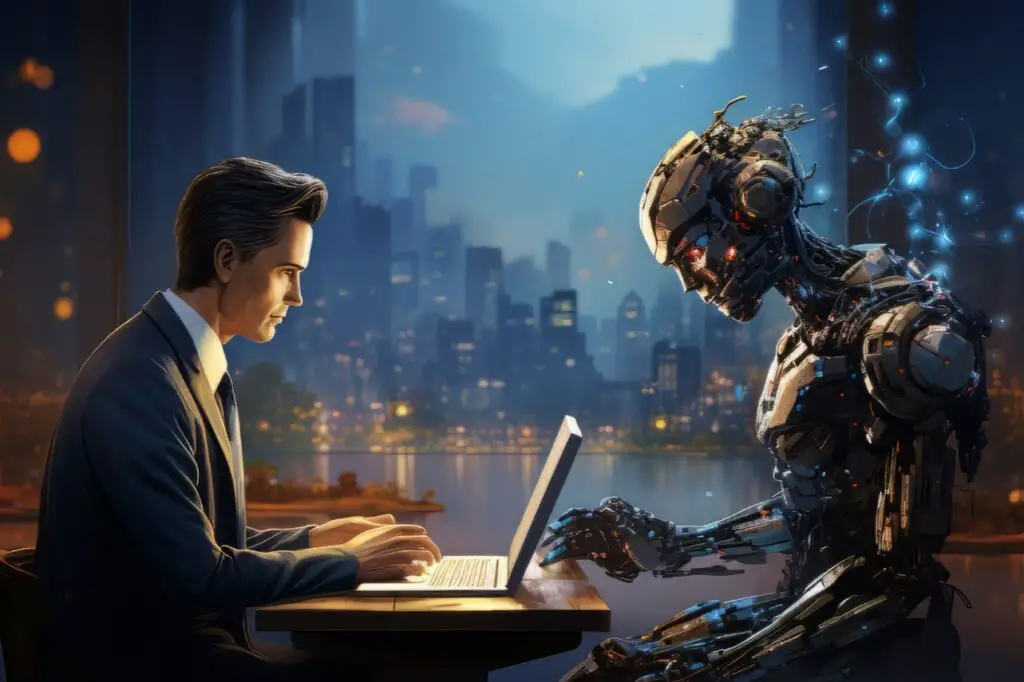
Imagine a world where your voice assistant knows your secrets, a robot makes hiring decisions at your dream job, and hyper-realistic videos spread lies faster than the truth. It might sound like a sci-fi thriller—but it’s our present reality. Artificial Intelligence (AI) is transforming our lives in profound ways, from how we shop to how we’re diagnosed at the doctor’s office. Yet, as AI grows smarter, the ethical questions it raises get thornier—and ignoring them isn’t an option.
So let’s get real: Are we ready for a future where machines make moral choices? Are our laws and values keeping pace? Whether you’re a tech lover, a cautious skeptic, or just someone trying to protect your privacy online, these 11 big ethical questions are ones we all need to start asking right now.
1. Are AI Systems Reinforcing Bias and Discrimination?

Here’s the truth: AI reflects the world it learns from—and our world is far from perfect. If historical data is biased, AI can absorb and amplify those same prejudices. Think hiring algorithms favoring male candidates over female ones, or facial recognition software misidentifying people of color. In the U.S., this isn’t just a technical problem—it’s a civil rights issue. We must demand rigorous testing, diverse data sets, and transparency about how these systems are trained, so that AI helps level the playing field instead of tilting it further.
2. Is Your Personal Data Truly Private?
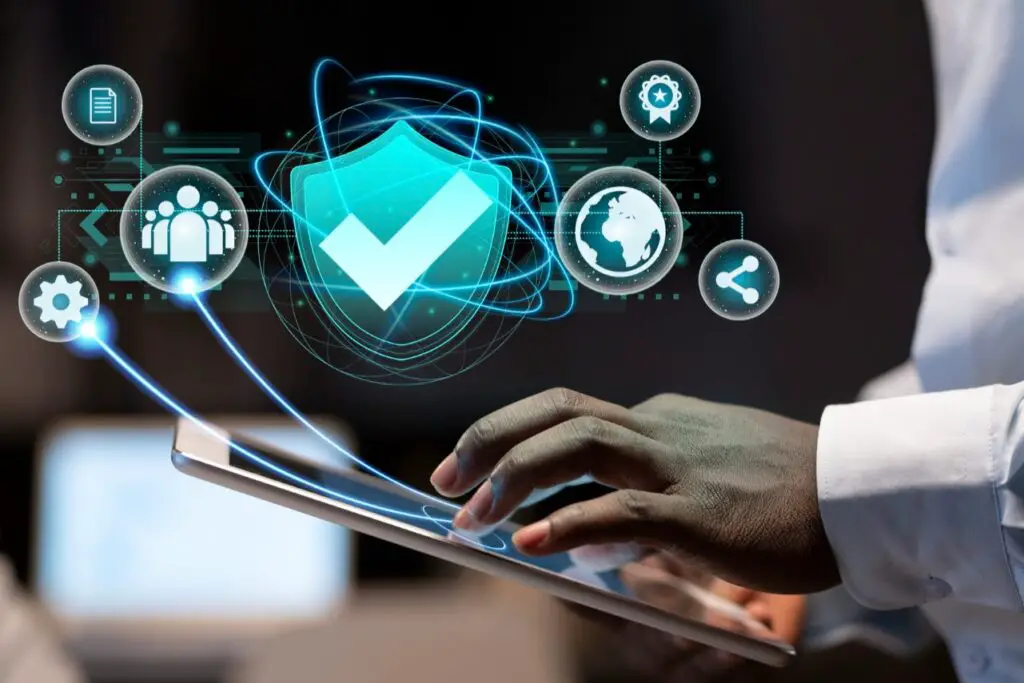
Our personal data fuels AI: our faces in photos, browsing habits, smart device conversations, even health records. The result? Systems that predict what we’ll buy—or even how we’ll vote. Yet many Americans don’t fully realize how much data they’ve given away, or who profits from it. Laws like California’s CCPA are steps in the right direction, but there’s still a Wild West vibe when it comes to data privacy. We should all be asking: What data is being collected? How is it used? And who’s ultimately in control—us or the algorithms?
3. Do AI Decisions Pass the Explainability Test?

Ever been denied a loan and told “the computer said no”—but no one can explain why? That’s the problem of the AI “black box.” Many powerful AI models churn out decisions with logic so complex that even their creators can’t explain them. But in sectors like finance, healthcare, and criminal justice, “just trust us” isn’t good enough. Americans deserve to know why they were rejected, flagged, or diagnosed. Pushing for explainability isn’t just ethical—it’s essential for trust in the technology that increasingly shapes our lives.
4. Who’s Accountable When AI Messes Up?

Picture an autonomous car causing a crash. Who’s to blame—the manufacturer, the software developer, or the AI itself? Or imagine a medical algorithm misdiagnosing a patient. Legal frameworks haven’t caught up with these futuristic scenarios, leaving victims in a legal limbo. As AI becomes more autonomous, the question of accountability grows urgent. Companies love to market AI’s brilliance but often shy away from taking responsibility when things go wrong. That’s why lawmakers, tech leaders, and everyday citizens must push for clear rules about liability in the AI age.
5. Will AI Take Your Job—or Create a Better One?
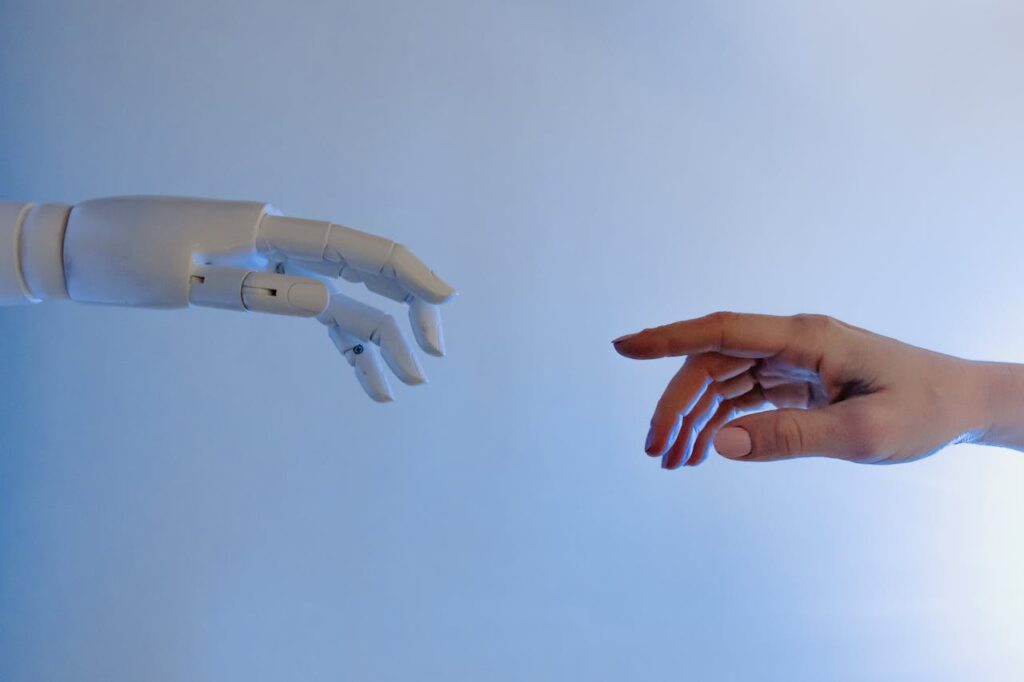
There’s no denying it: AI is reshaping the American workforce. Some jobs, especially repetitive tasks, may vanish. But new roles are emerging, like AI ethics officers, machine learning engineers, and data privacy specialists. The real question is: who will benefit, and who might be left behind? History shows technology can create more jobs than it destroys—but the transition isn’t always smooth. Workers and policymakers must plan ahead so that AI becomes a tool for opportunity rather than a driver of inequality.
6. What About AI’s Environmental Footprint?

Here’s a twist many people don’t see coming: AI isn’t just digital—it has a physical impact. Training massive AI models like language generators requires staggering amounts of electricity and computing power. That means carbon emissions and e-waste from servers and data centers. Americans care deeply about sustainability, and we should be asking how green our AI truly is. Can we innovate more efficient models? Power data centers with renewable energy? Responsible AI means balancing progress with the planet’s health.
7. Could AI-Generated Deepfakes Mislead You?
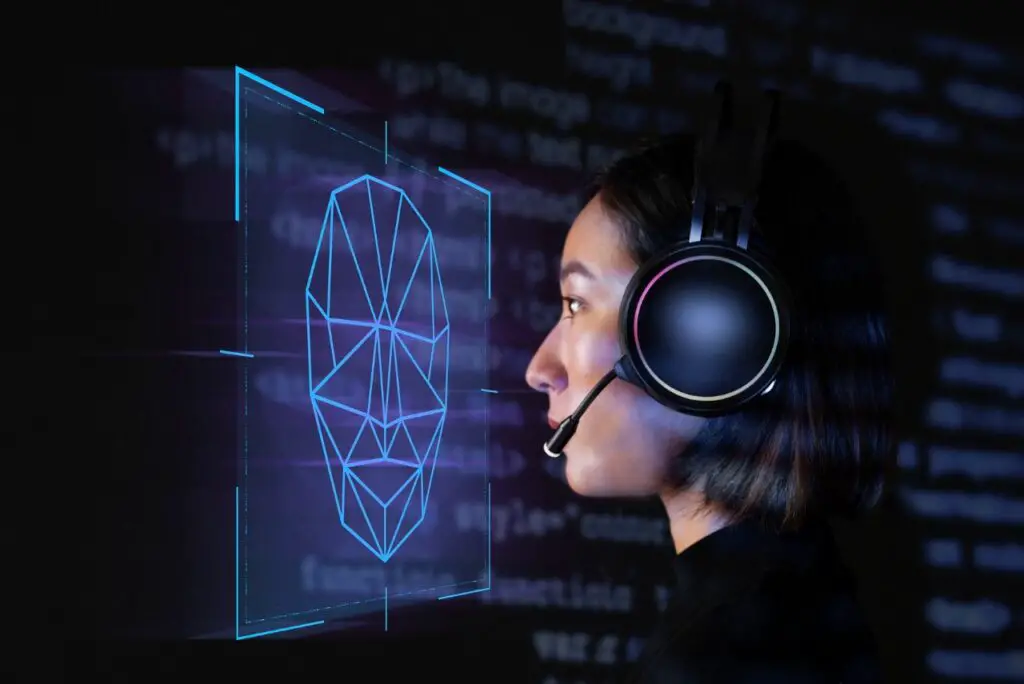
Imagine watching a video of a political figure saying something outrageous—only to discover it’s fake. Deepfakes can make it nearly impossible to tell real from fabricated. While they’re sometimes used harmlessly (hello, face-swap comedy videos!), they also threaten elections, reputations, and public trust. In the U.S., where free speech is cherished, regulating deepfakes is a delicate dance. The question remains: how do we balance creative freedom with protection from dangerous misinformation?
8. Should AI Models Go to Therapy Too?
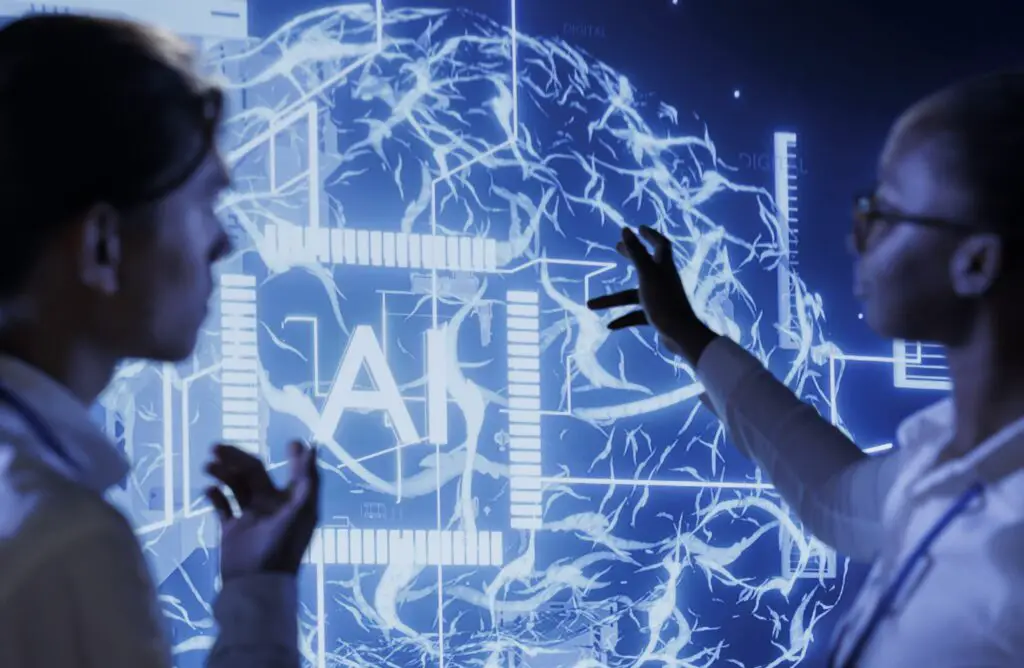
It sounds wacky, but as AI becomes more complex, some scientists are asking: could advanced systems one day be conscious—or at least experience something akin to feelings? If so, would we have ethical obligations toward them? Right now, it’s mostly theoretical. But think about how we treat sophisticated robots or digital assistants. Do we see them as tools—or potential beings deserving moral consideration? It’s a debate that forces us to confront what consciousness really means—and whether AI might one day cross that line.
9. Are Autonomous Weapons Ethical?
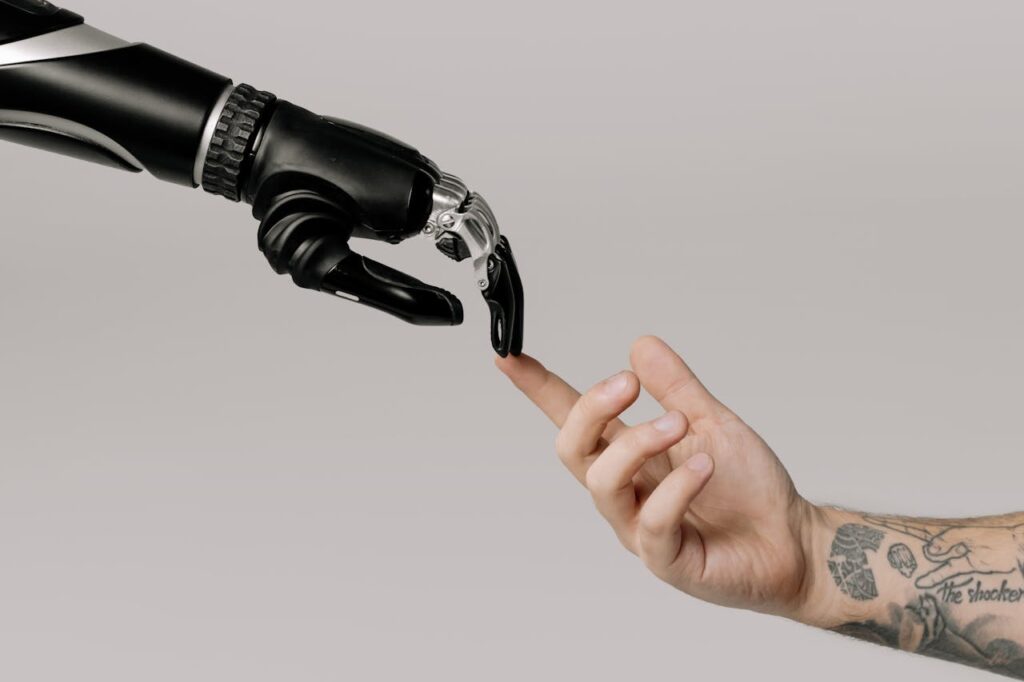
“Killer robots” once belonged strictly to sci-fi. Now, autonomous weapons can select and attack targets without human intervention. It’s chilling to think about AI making life-and-death decisions on a battlefield. Many experts, including those at the United Nations, warn that these technologies could lower the threshold for conflict, making wars more likely. Should humans always have the final say before pulling the trigger? It’s one of the most pressing ethical questions of our era.
10. Could AI Be Weaponized in Politics or Media?
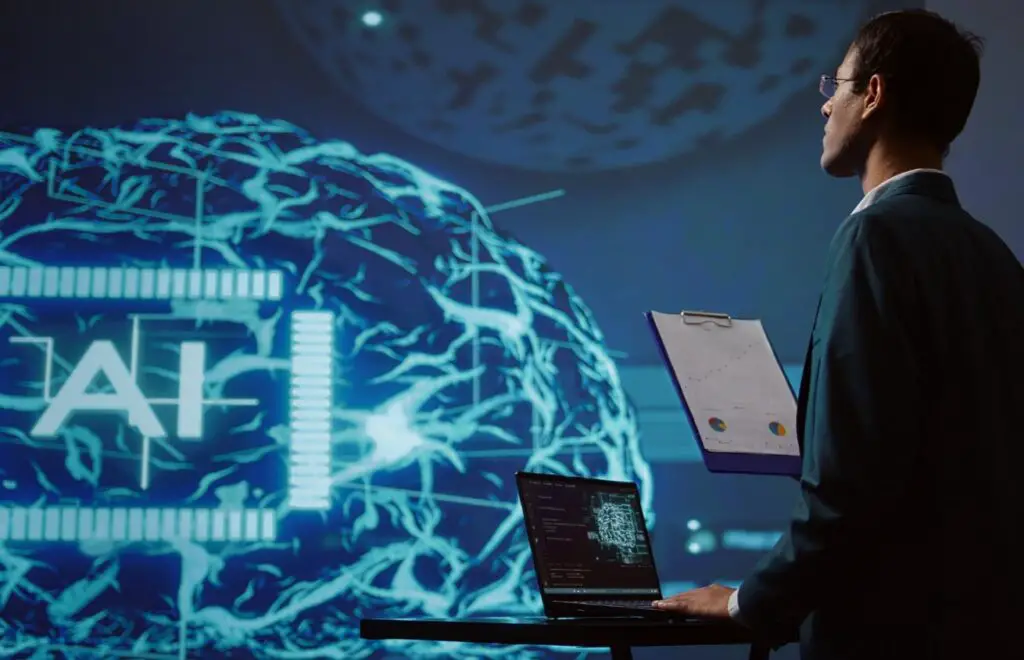
AI can generate fake news articles, fake images, and fake social media accounts—all tailored to manipulate opinions and sow discord. Imagine targeted misinformation campaigns that sway elections or damage public health efforts. In a democracy like the U.S., the stakes couldn’t be higher. Policymakers and tech companies must confront how to protect free speech while preventing the erosion of truth itself. For ordinary citizens, media literacy has never been more critical.
11. Is There a Global Rulebook for AI?

AI knows no borders. Yet regulations vary wildly between countries, creating a patchwork of rules that companies struggle to navigate—and that bad actors can exploit. Some experts argue we need an international body to set global AI standards, much like the WTO does for trade. But who writes those rules? Whose values win out? As AI becomes ever more influential, global cooperation—and ethical consensus—will be crucial for ensuring technology serves humanity rather than divides it.
Final Thoughts

Here’s the bottom line: AI isn’t just lines of code—it’s an ethical crossroads for our society. The decisions we make today will ripple into the future, shaping everything from civil rights to job markets to democratic institutions.
The good news? We’re not powerless passengers on this AI ride. Each of us—tech users, voters, business leaders, and policymakers—has a voice in shaping how AI evolves. We can demand fairness, transparency, and accountability. We can push for laws that protect privacy without stifling innovation. We can stay informed so we’re not fooled by deepfakes or manipulated narratives.
So let’s keep asking the hard questions—and let’s do it now. Because the future of AI isn’t just a tech issue. It’s a human one.
Are you ready to be part of the conversation?
Leave a Reply